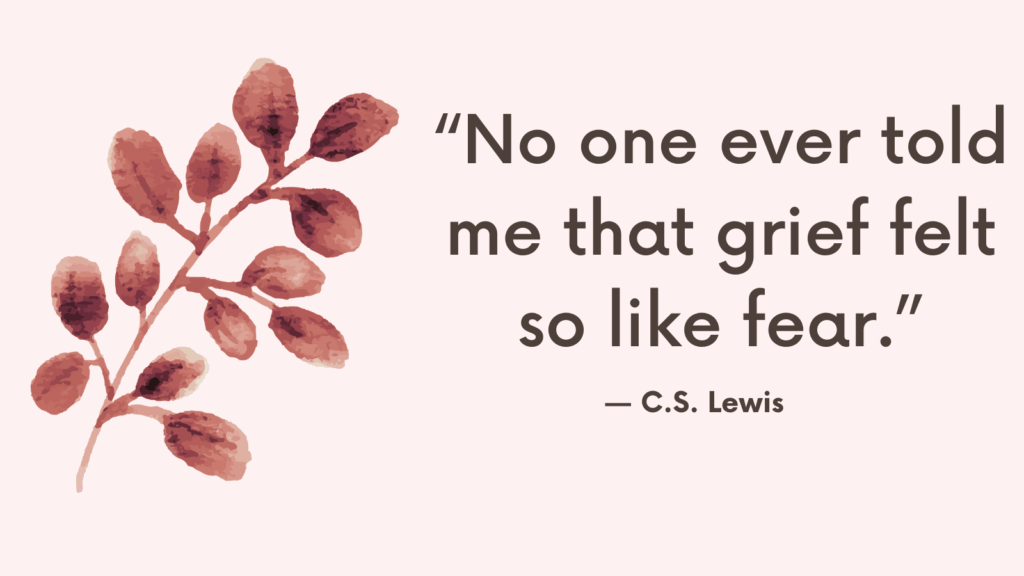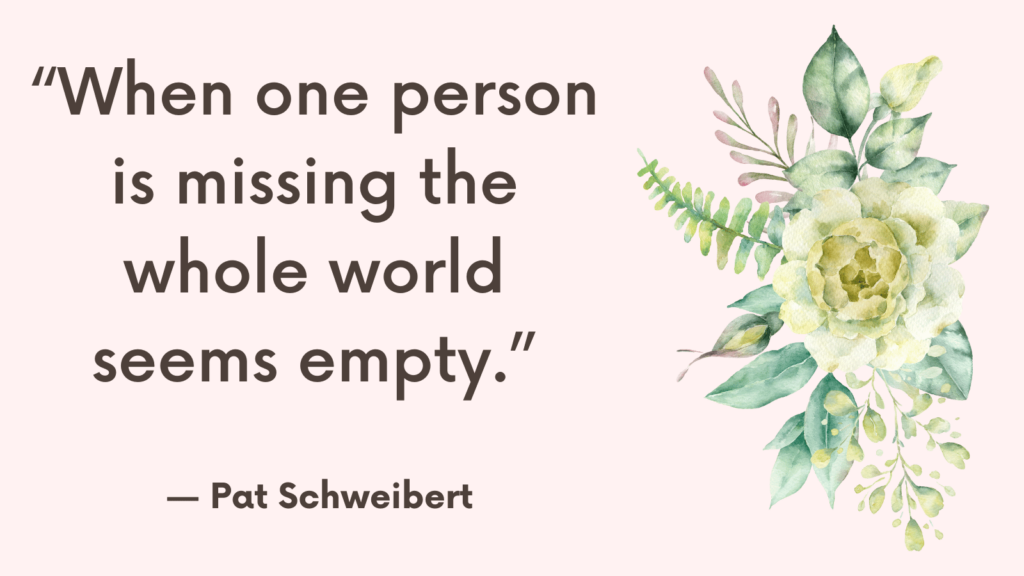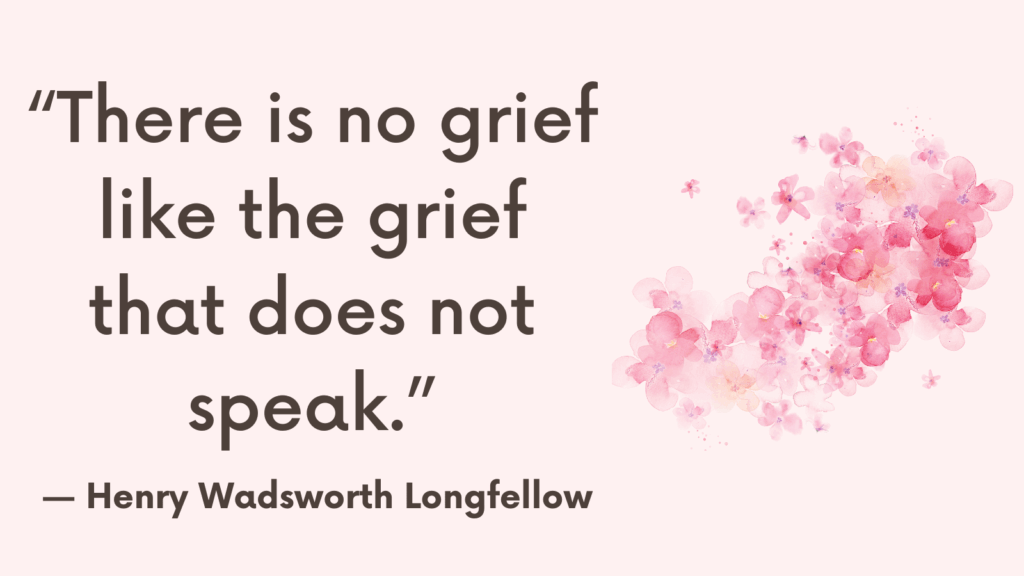Grieving a complicated relationship brings its own kind of pain—layered with guilt, confusion, regret, or anger. You’re not just mourning who they were, but also who they weren’t. Healing in this space means letting your grief include everything: the love, the loss, the letdowns, and the things left unsaid.
Why Imperfect Relationships Create Complicated Grief
1. Unresolved feelings linger – When a relationship had tension, distance, or unspoken pain, grief is mixed with regret, guilt, or confusion.
2. There’s no chance to make peace – Death ends the opportunity to resolve issues, leaving emotional loose ends that are hard to untangle.
3. Love and hurt coexist – You might miss the person and still feel hurt by them, which creates emotional conflict that’s hard to process.
4. Mourning what could have been – Grief may include sadness over the relationship you wanted but never had, adding layers of longing and disappointment.
5. Others may not understand – When the person was difficult or caused harm, your grief may not be acknowledged, leaving you feeling isolated or invalidated.
6. You question your right to grieve – If the relationship was strained, you might feel like you don’t “deserve” to be sad — which only adds shame.
7. Healing takes longer – The mixed emotions require deeper reflection and self-compassion, making the grieving process more complex and slower to resolve.
Related: Best 21 Grief Journaling Prompts (+FREE Grief Worksheets PDF)
The Myth of “Only Good Relationships Deserve Mourning”
Grief doesn’t wait for a perfect ending. Many people feel ashamed for mourning relationships that were painful, complicated, or toxic. But here’s the truth: even difficult relationships carry hopes, history, and emotional weight.
You might be grieving what could have been, not just what was. That grief is valid.
How to Grieve When the Relationship Wasn’t Perfect?
1. Acknowledge the Mixed Feelings
Grief isn’t just sorrow—it’s relief, resentment, longing, and confusion all at once. You can miss someone and be angry at them. You can feel broken by their absence and still wish some things had been different.
2. Let Go of the Pressure to Idealize
You don’t have to rewrite the story to justify your grief. It’s okay to say: “It was complicated, and I still hurt.” You’re allowed to grieve the whole truth—not just the polished version.
3. Grieve What You Didn’t Get
Sometimes the deepest pain isn’t who they were—it’s what they never gave you. Grieve the missing affection, the apology you never heard, the support you needed and didn’t receive.
Related: Grieving and Numb? These Worksheets Can Help You Sit with Loss and Heal
4. Don’t Let Guilt Hijack Your Grief
You may think, “I didn’t do enough,” or “I should’ve said more.” Guilt is grief’s shadow, not always truth. Remind yourself: I did the best I could with what I knew at the time.
5. Write It Out—Unfiltered
Journal letters to them. Say what you wish you could have said. Express gratitude, anger, disappointment, or love. No one has to see it. This is for you—to make space for the full story.
6. Talk About the Complexity
Find someone you can be honest with: “We had a messy relationship, and I’m still grieving.” A supportive listener can help you hold both the beauty and the pain without judgment.
7. Create a Ritual That Reflects the Real Relationship
Honor the connection in a way that’s meaningful to you. It could be a quiet moment, a symbolic gesture, or simply lighting a candle and saying: “This mattered, even if it wasn’t easy.”
8. Forgive Without Erasing
If you choose to forgive, it doesn’t mean forgetting the hurt or pretending everything was okay. Forgiveness can simply mean freeing yourself from carrying it all forward.
9. Be Gentle With Your Timeline
Complicated grief isn’t linear. Some days you’ll mourn the good. Other days you’ll rage at the harm. Some days you’ll feel nothing. Let your grief move at the pace your heart needs.
10. Give Yourself Permission to Heal
You’re allowed to grieve the imperfect and to find peace even without closure. Healing doesn’t mean denying the truth—it means integrating it, gently, into your life without letting it define you.
Related: Grief Comes In Waves: Top 12 Lessons From Grief No One Talks About

Conclusion
Grief doesn’t require perfection. It only requires honesty. You can grieve someone who hurt you. You can honor someone who let you down. Your grief is valid—even if the love wasn’t simple.



